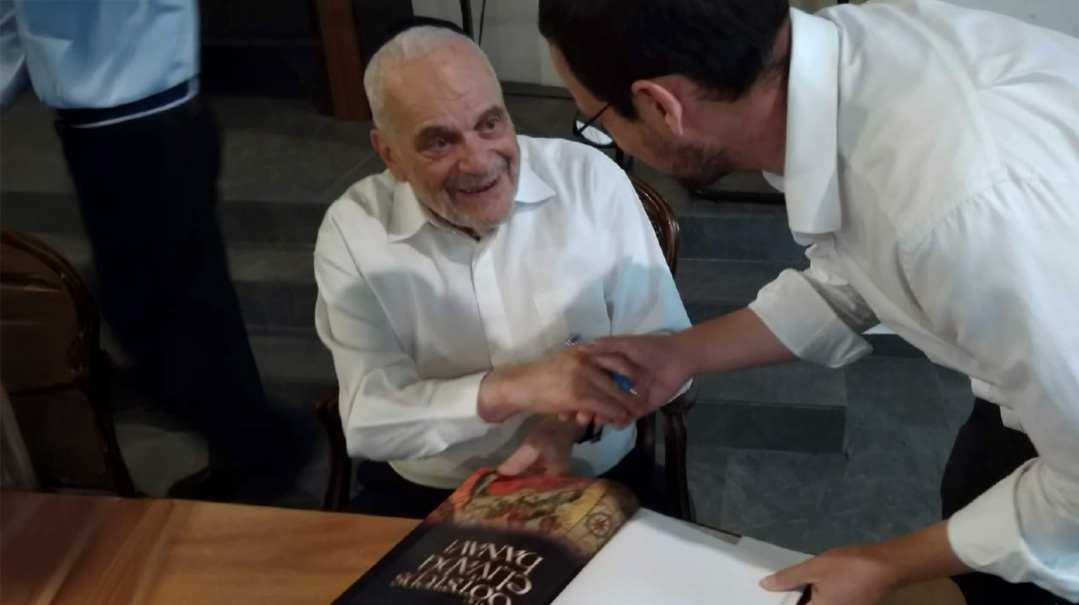The Path to a Bochur’s Heart
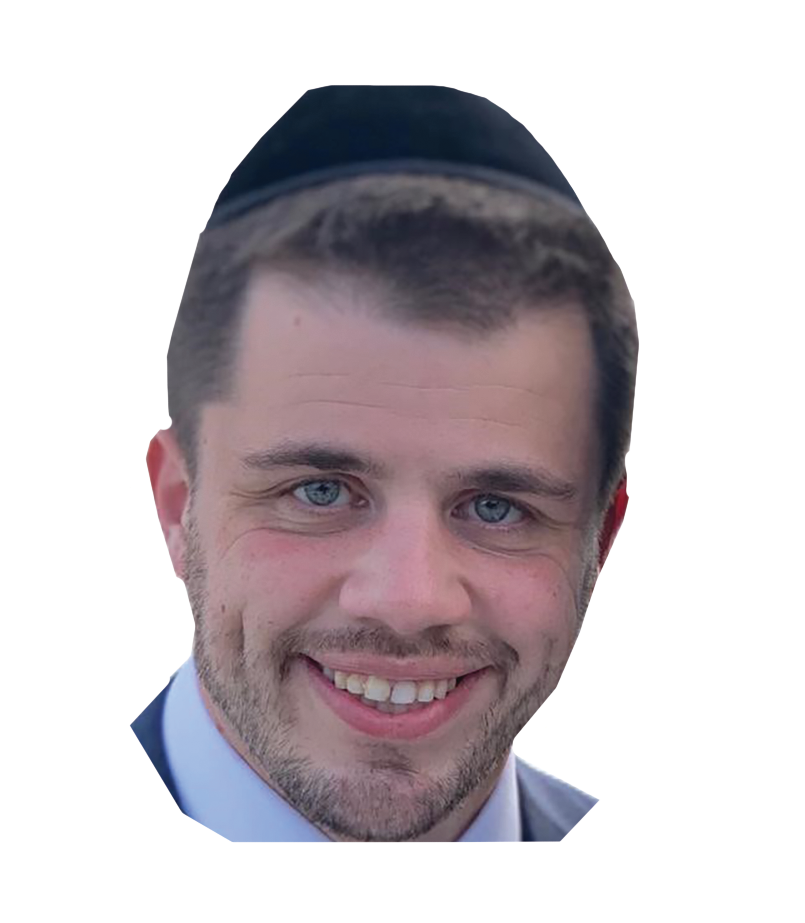
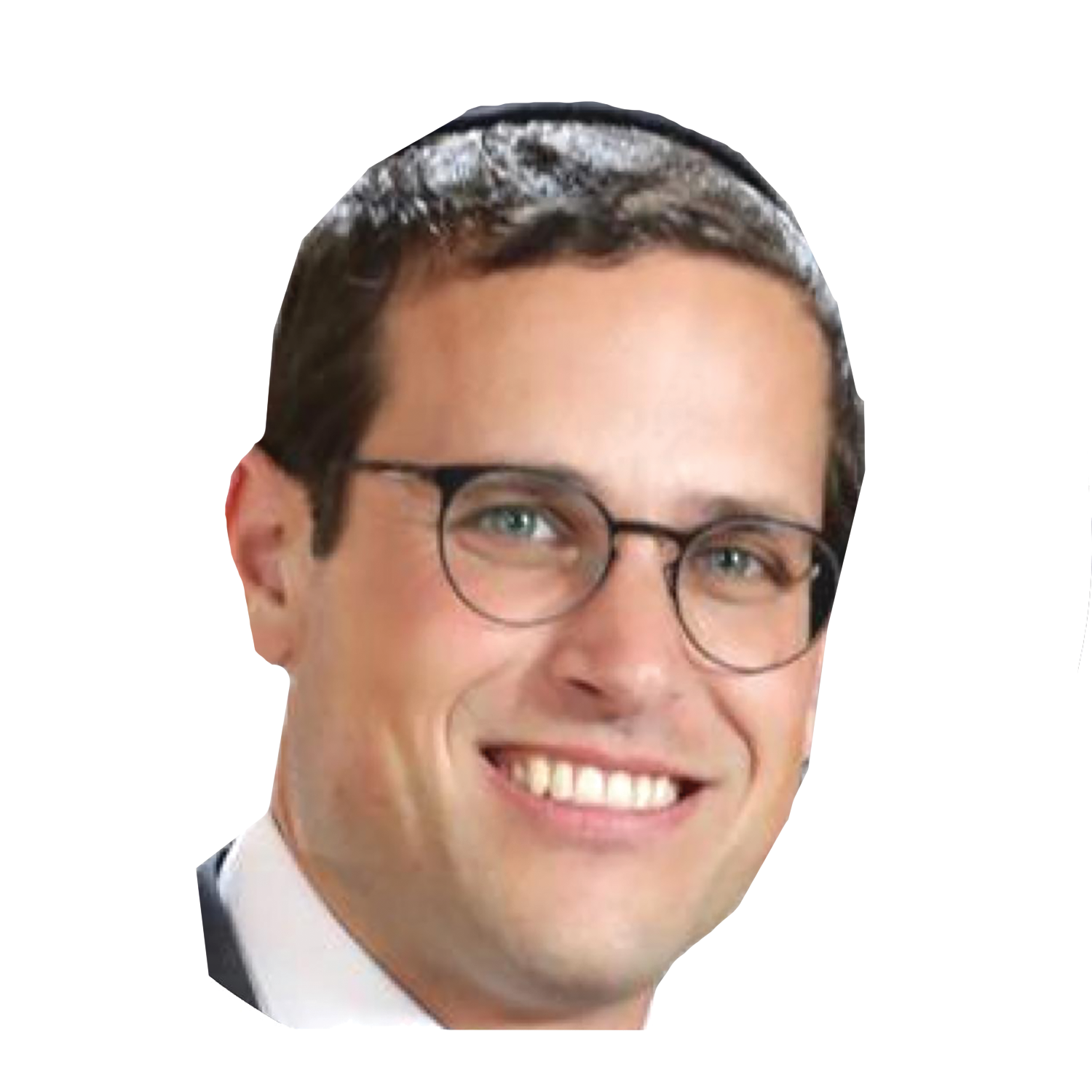
Rav Aharon Chodosh embodied the spirit of Slabodka, yet he was a mashgiach for a new generation. His passing last week marks the end of an era – a great rav schooled in the historic yeshivah tradition who understood the soul of his American boys
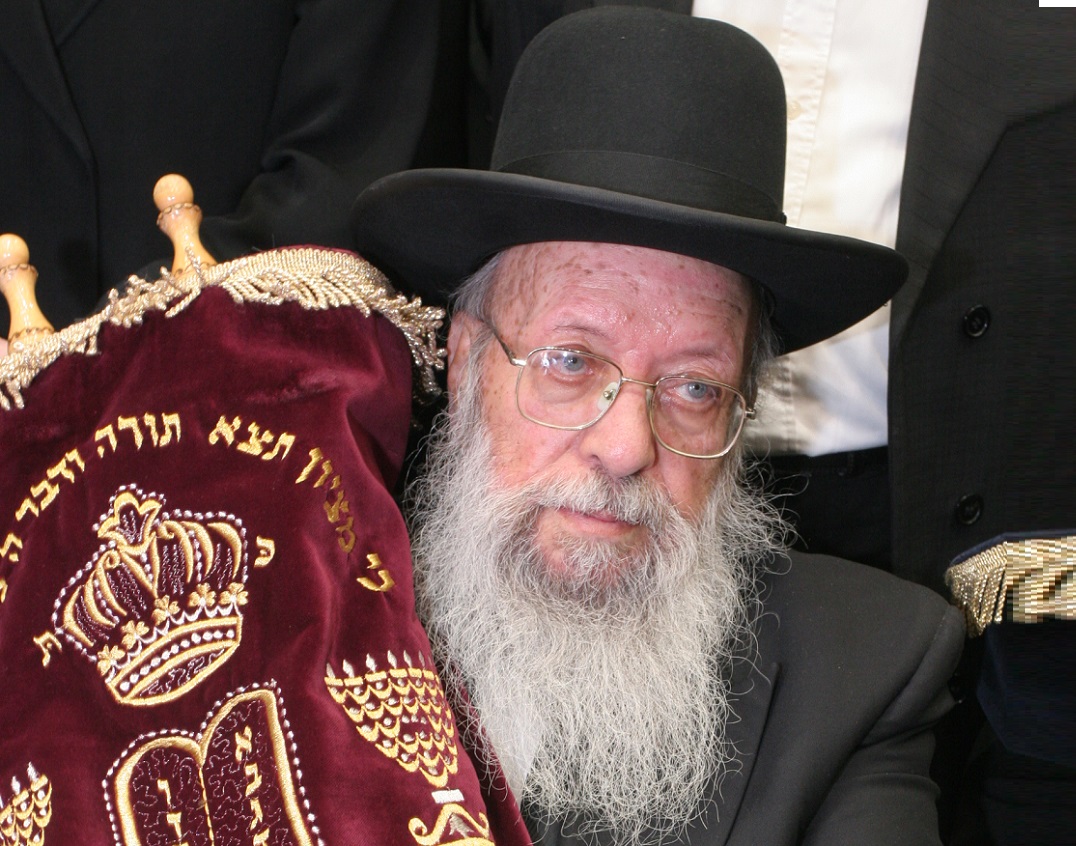
Photos: Mattis Goldberg, Personal archives, Mir archives, Uri Stern
The words “Mir Mashgiach” are enough to make one tremble in reverence.
Rav Yerucham Levovitz, Rav Chatzkel Levenstein, Rav Chaim Zev Finkel — the giants of mussar who filled the post in the past — moved mountains and built men. Our generation had its own mashgiach. For more than half a century, Rav Aharon Chodosh was “the Mashgiach” to tens of thousands of talmidim. He imbued us with the spirit of Slabodka and the Torah of Mir. But most of all, he built people. He saw the latent capabilities of every talmid and inspired them to achieve their potential.
The last time we were zocheh to spend significant time together with the Mashgiach was during the Mir Yarchei Kallah last November. Typically, we would show up without any formal invitation, and always, a short Torah thought would lead to a long schmooze, complete with an evocative mussar lesson, vort on the parshah, or fascinating historical reminiscences.
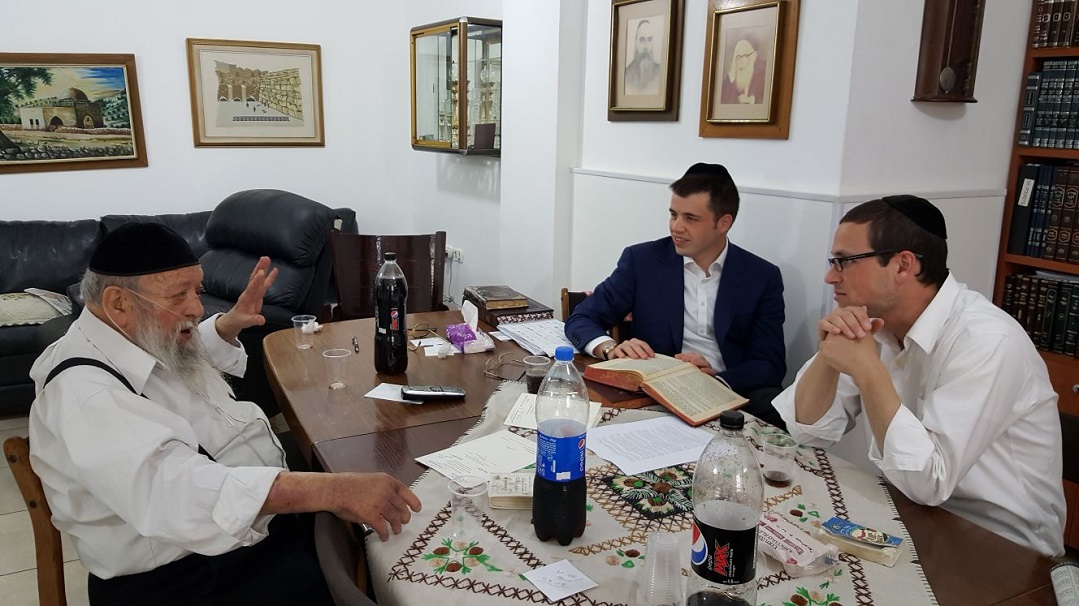
The outpouring of grief and memories from so many others upon Rav Aharon’s passing last week at age 91 confirmed what we had long intuited, and what Rav Binyamin Finkel — his nephew and successor — voiced in his hesped: “What made the Mashgiach unique was that his words of mussar focused equally on ruchniyus and gashmiyus. He’d give tochachah to family and talmidim with regard to their Torah learning and their eating habits in an equal fashion. Because it was so obvious that he cared for a talmid’s physical needs along with his spiritual ones, the recipient felt his love and would accept his mussar.”
A Contract Signed in Blood
Rav Aharon would often relate the story of his mother, Tzivia Leah Hutner, who traveled alone from her childhood home in Eishyshok to Chevron of the 1920s. There she lived in the home of her uncle, the Slabodka Rosh Yeshivah, Rav Moshe Mordechai Epstein. She eventually married one of the Alter of Slabodka’s finest talmidim, Meir Chodosh, who would go on to be his spiritual heir as the longtime mashgiach of the Chevron Yeshivah.
At the time of the savage 1929 massacre, the young Chodosh couple were expecting their first child. After they were miraculously saved and blessed with a healthy son, they decided to name him after one of the martyred students, Aharon Dovid Epstein — a nephew of the Rosh Yeshivah and cousin of Rebbetzin Chodosh. This Chicago boy had made the ultimate sacrifice to study Torah in Eretz Yisrael.
The future mashgiach’s name would forever tie him to his destiny: total devotion to the cause of Torah and chinuch, as well as an appreciation for the talmidim who arrived from overseas to study Torah in Eretz Yisrael.
In his later years, the Mashgiach suffered from many physical ailments. Every time he would return from the hospital and to his normal yeshivah schedule, it seemed miraculous. With inner reserves of strength and fortitude, he seemed to defy death itself. Then again, that persistence seemed to have been his hallmark since his birth.
When the Mashgiach was still a toddler, his mother brought him and his younger sister (today Rebbetzin Shulamis, wife of Rav Baruch Mordechai Ezrachi) to visit her family back in Europe. Around Shavuos time, his mother, with young Aharon Dovid in tow, went to nearby Radin to seek a brachah from the Chofetz Chaim. The Mashgiach would later attribute his arichus yamim to that brachah.
Prior to Rebbetzin Chodosh’s return to Eretz Yisrael, her husband was offered a prestigious rabbinical offer in Poland. Referring to her survival in the Chevron pogrom three years earlier, she declared, “My connection to Eretz Yisrael is a contract signed in blood!” No offer could entice her to leave the Holy Land.
Until his marriage, Rav Aharon attended the Chevron Yeshivah in Jerusalem, where Rav Chatzkel Sarna was rosh yeshivah and his father and primary rebbi, Rav Meir Chodosh, was mashgiach. Though his Chevron roots were strong, his marriage to Rebbetzin Chasida Finkel a”h, daughter of the Mir mashgiach Rav Chaim Zev Finkel, eternally cemented his name to the Mir Yeshivah. It was a shidduch reminiscent of one that had occurred a half-century earlier, when the Alter of Slabodka’s son Eliezer Yehuda had married Malka, the daughter of the Mir rosh yeshivah, Rav Elya Boruch Kamai, thus cementing the Mir as a “mussar style” yeshivah for posterity.
Oops! We could not locate your form.












